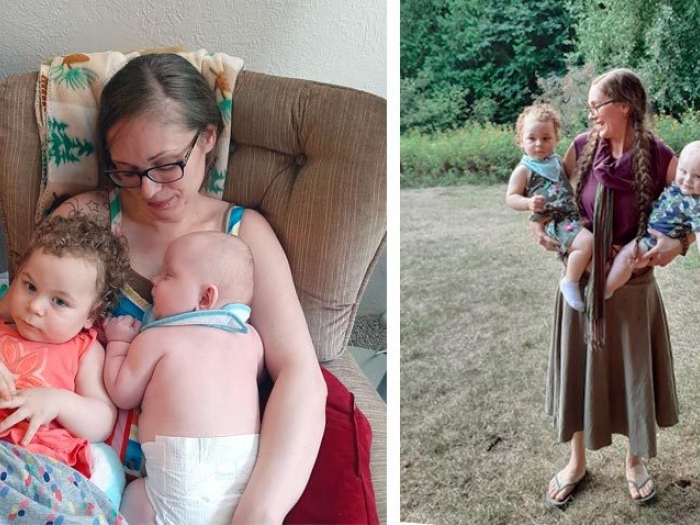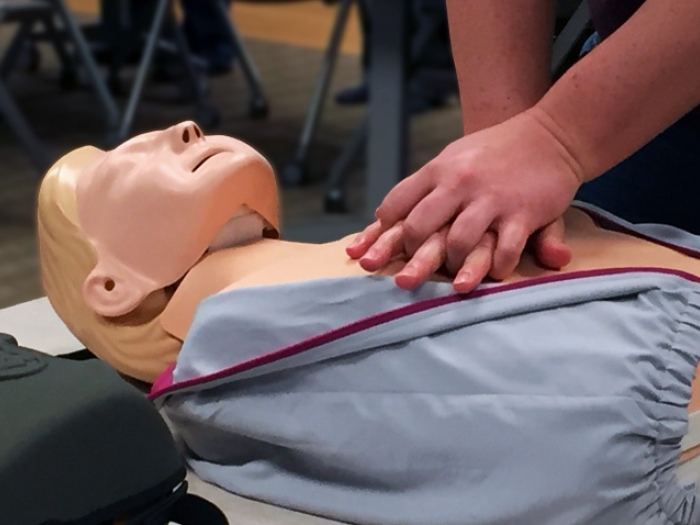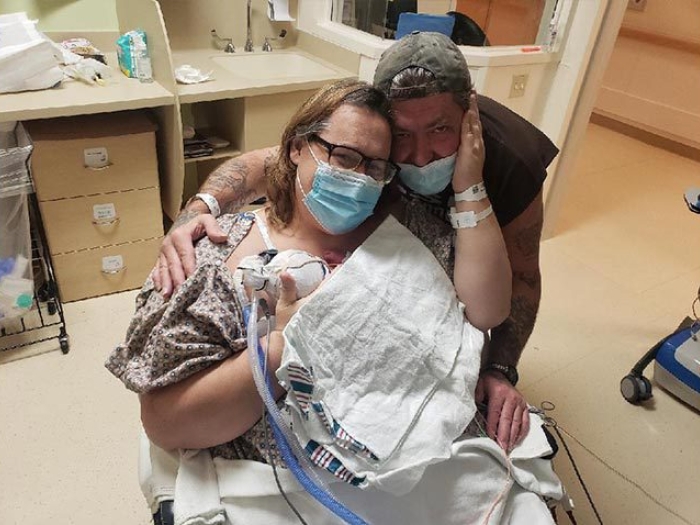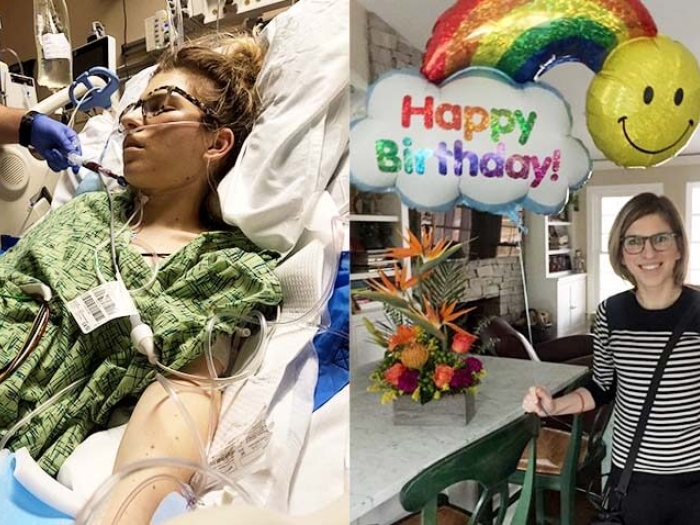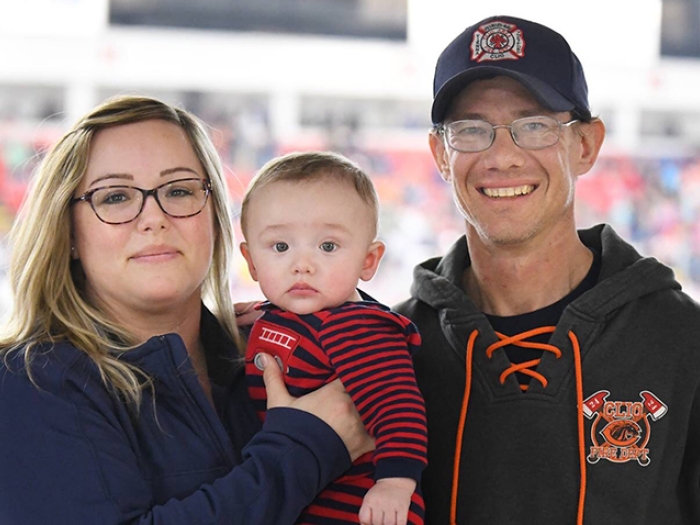A portable heart device grants patients freedom while they wait for a donor and transplant.
1:00 PM
Author |
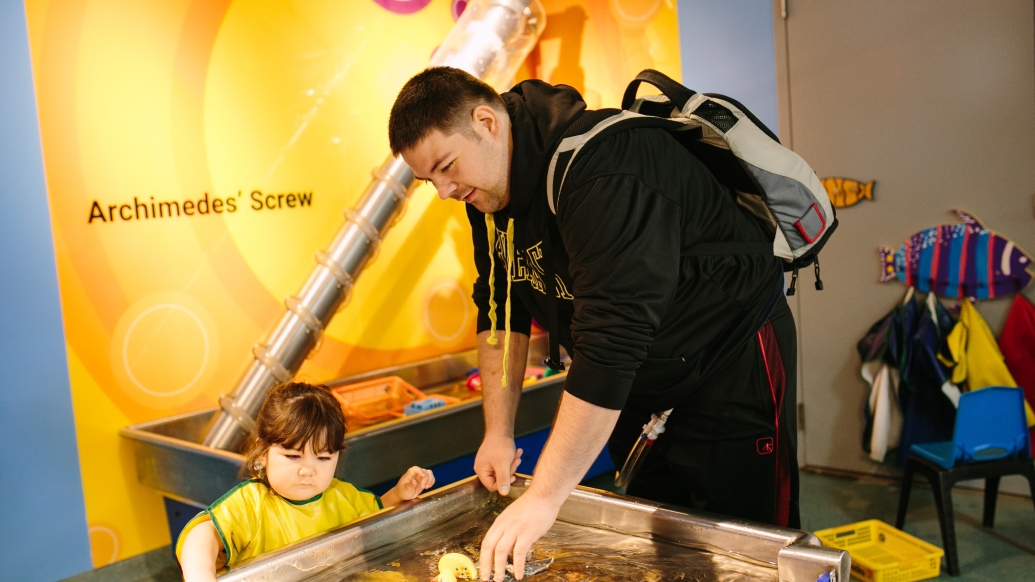
When most people hear "wearable technology," they think of fitness trackers and enhanced glasses. There's one type of wearable tech, though, that serves a more vital purpose: circulating the blood of heart failure patients before a transplant becomes available.
The device that does this is called the Freedom portable driver. It's a 13.5-pound pack that connects via two tubes to the total artificial heart, a lifesaving device surgically inserted in severe heart failure patients to act as a temporary ticker after heart death, before a transplant is possible. The Freedom then pumps air into the total artificial heart through precisely calibrated pulses.
Before the Food and Drug Administration approved the portable driver from SynCardia Systems, patients would have to stay in the hospital for months or years, connected to a washing machine-sized power driver as they waited for a heart transplant. The University of Michigan Frankel Cardiovascular Center is the only Michigan heart program to send patients home with the wearable technology.
Waiting for a transplant
For more than a year, Michael Richards Jr., 25, remembers feeling exhausted and bloated from retaining fluids because of heart failure. He was referred to U-M after an implantable cardioverter defibrillator did not help his heart keep pace with his body's needs. At U-M he received a total artificial heart and attachment to a driver, first in the hospital, then at home. The cause of his heart failure is still unknown.
"We typically refer to patients in this category as idiopathic dilated cardiomyopathy," says his surgeon Jonathan Haft, M.D., associate professor of cardiac surgery at the Frankel Cardiovascular Center. "Sometimes there can be a genetic predisposition called familial cardiomyopathy, and sometimes heart failure can be caused by viruses.
"Nonetheless, his heart failure progressed to the point where medications were no longer effective," Haft says.
Surgeons removed Richards' failing heart and implanted the total artificial heart on June 20, 2015. He was discharged from the hospital July 31. The next date he's looking forward to: heart transplantation.
Precious time with daughter
"I was a nervous wreck," says Richards, about the first time he and his family changed the battery for his Freedom portable driver, which controls his heart.
Richards is on a blood thinner, eats a low-salt diet, exercises daily to get in shape and takes a diuretic and blood pressure pill. It may sound complicated to some, but after years of heart failure Richards considers himself lucky to be alive.
"I'm used to it after this first year. Now it's a breeze," he says of the routine of carrying the device around and making sure he has backup power. "To have this opportunity has been great. I have more energy and can play with my daughter."
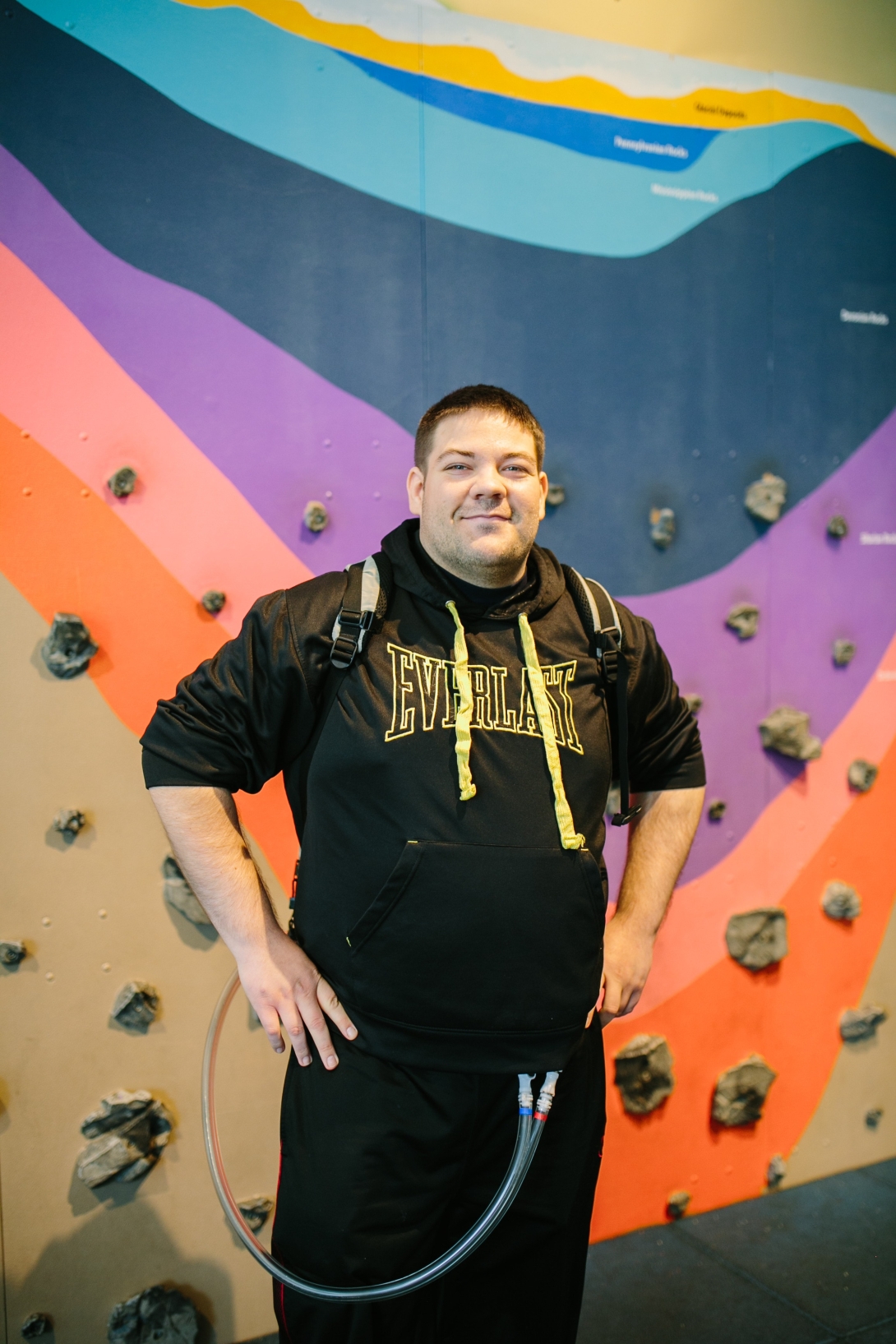
Who needs a total artificial heart?
Total artificial hearts can be necessary for one of two reasons: to keep people alive while they wait for a heart transplant, or if they're not eligible for a heart transplant but have end-stage heart failure in both ventricles. The devices are often used when end-stage heart failure affects both sides of the heart and other more common heart-supporting devices are inadequate to keep patients alive.
Because of the shortage of donor hearts, patients can live in limbo for months or years as they wait for a transplant. With the Freedom device and total artificial heart, however, Richards and thousands of others can maintain some semblance of a normal life while they wait.

Explore a variety of healthcare news & stories by visiting the Health Lab home page for more articles.

Department of Communication at Michigan Medicine
Want top health & research news weekly? Sign up for Health Lab’s newsletters today!
